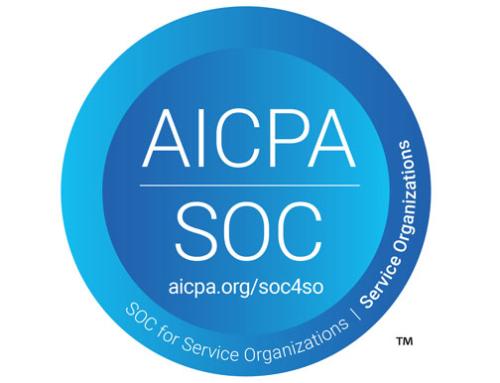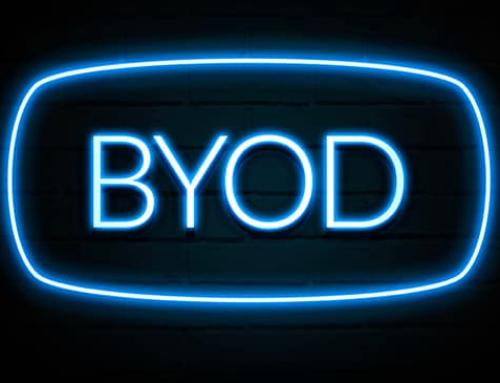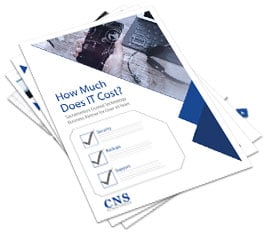How can you improve teamwork for your team?
The modern workplace is more diverse than ever before. There are currently five separate generations working together. Employees range from the pre-WWII “Traditionalists” through the entry-level workers of Generation Z.
But what does successful teamwork look like for employees across the spectrum of generations? Research shows that regular constructive feedback is key to making employees feel that their contributions are valued, especially among younger workers. Effective feedback translates into increased motivation among all employees and a reinforcement of the team’s core values.
Teamwork is about more than just changing the way that employees communicate. It’s about understanding the roots of human behavior and putting in the work to keep your employees engaged. The goal isn’t to memorize meaningless slogans, but rather to turn those good intentions into measurable real-world behaviors.
Expert teamwork tips
In the Forbes article linked below, Rodger Dean Duncan interviews Adrian Gostick, the co-author of The Best Team Wins: The New Science of High Performance. Like Gostick and co-author Chester Elson’s previous collaborations, the book reached #1 on the New York Times, USA Today and Wall Street Journal bestseller lists.
Among other things, Gostick talks about how to motivate Millenials, who he labels as “recognition junkies.” According to Gostick, the key is to their desire for recognition without turning off older workers. To that end, leaders should know each worker’s motivators and tailor recognition to that person.
Gostick also offers tips for improving performance reviews, claiming that a “continuous review” is more effective than an annual assessment. A year between appraisals is too long, especially in today’s fast-paced business climate.
Do you need help getting started?
Contact Capital Network Solutions at (916) 366-6566 to learn about how our Microsoft Teamwork solutions can help your employees do their best work possible.
In the meantime, click below to read Forbes contributor Rodger Dean Duncan’s interview with Adrian Gostick.





